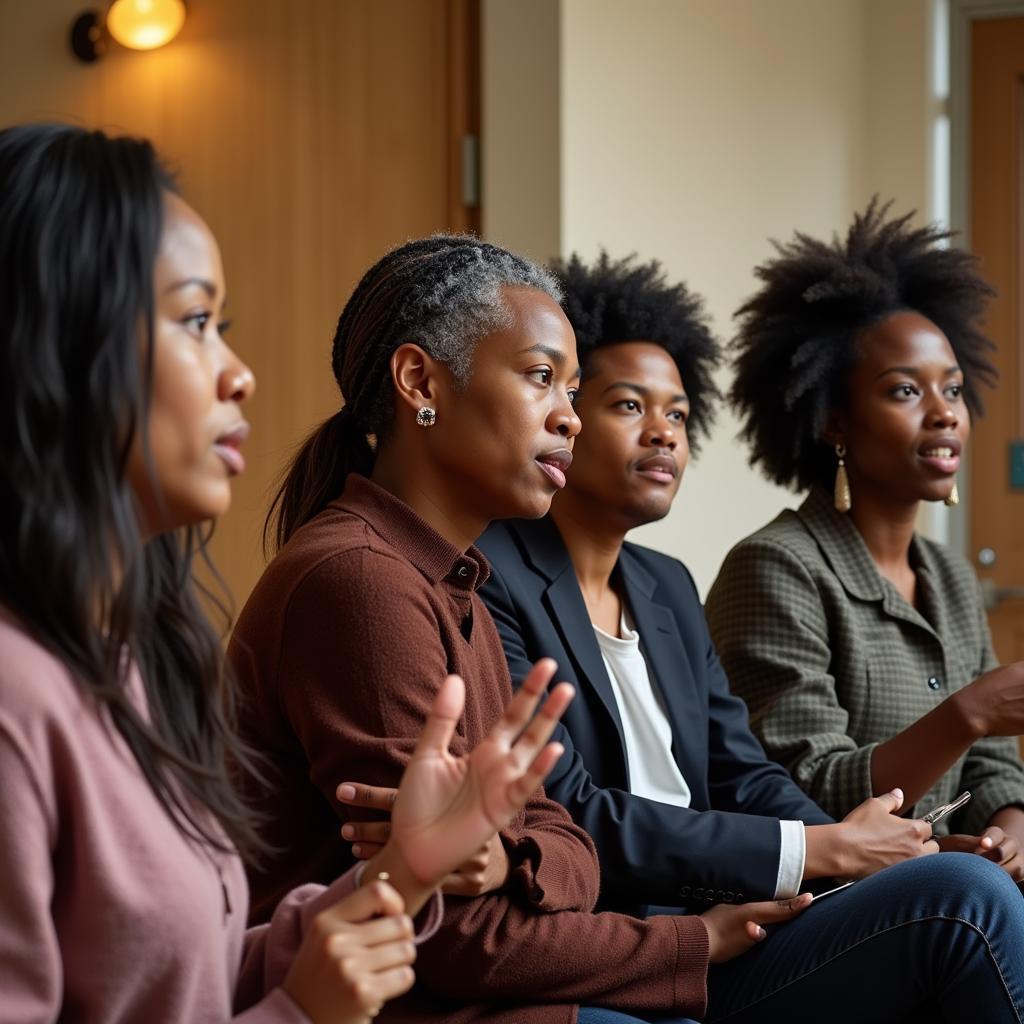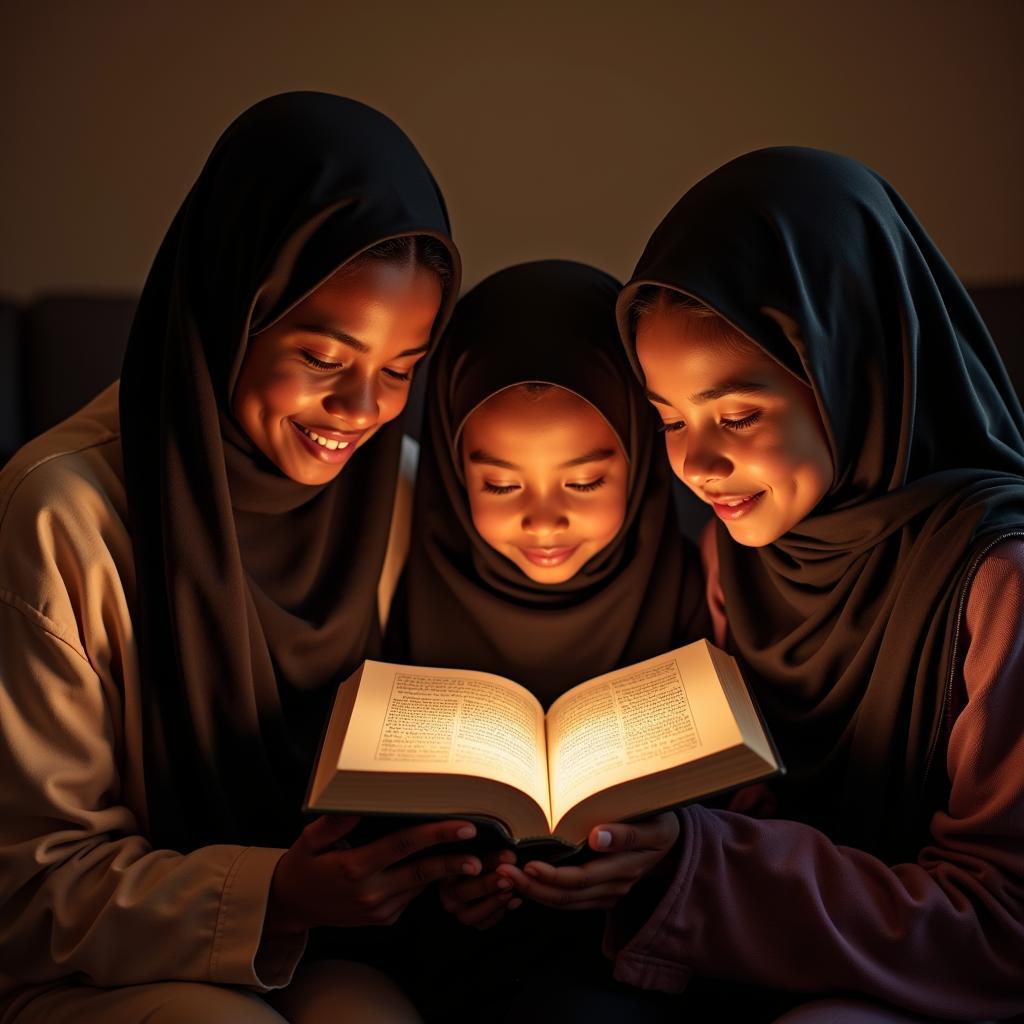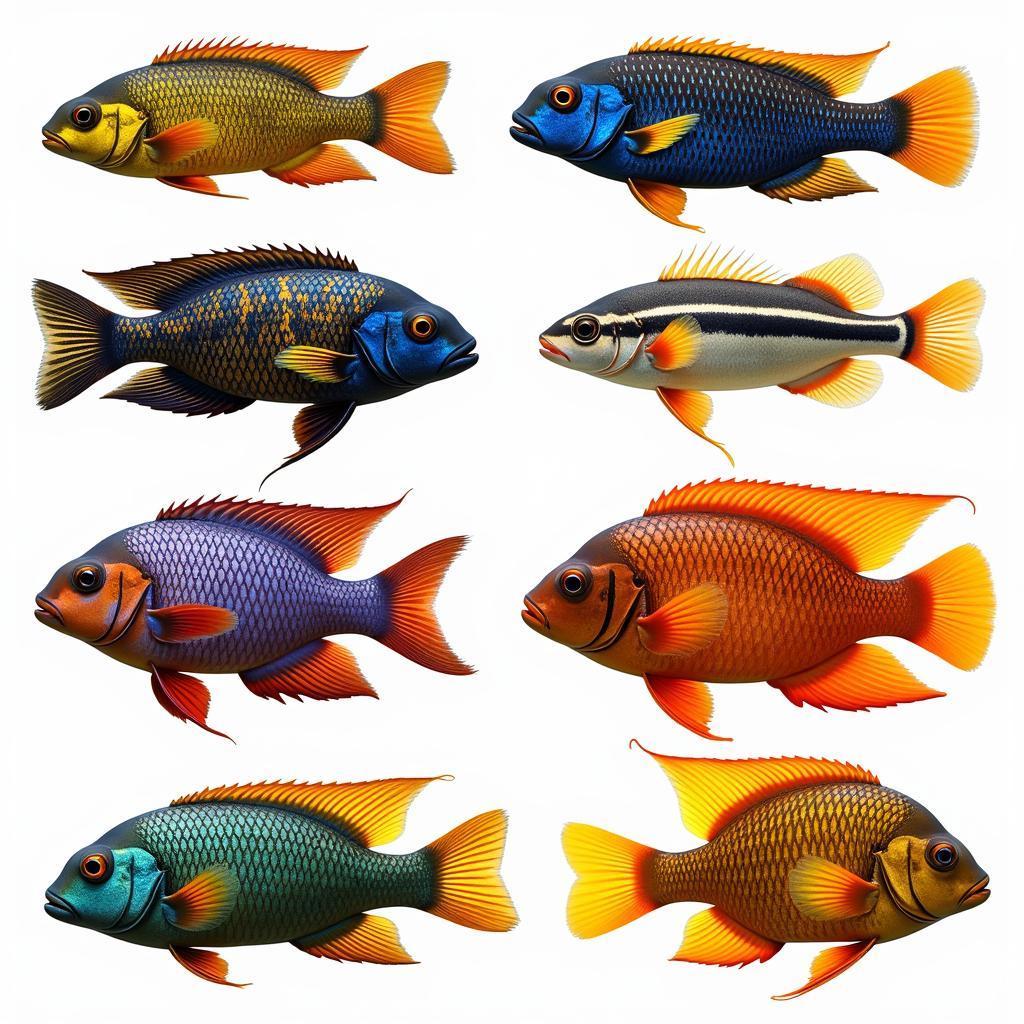What Does “A African Says” Mean and Why It’s Problematic
The phrase “a African says” is often used online, sometimes humorously, other times seriously, to introduce a statement or belief attributed to someone from Africa. However, this seemingly innocuous phrase is problematic for several reasons, highlighting a critical need for cultural sensitivity and awareness.
The Dangers of Generalization: Why “A African Says” is Misleading
Attributing a statement to “an African” assumes a homogeneity within the continent that is simply untrue. Africa is incredibly diverse, home to 54 countries, over 3000 ethnic groups, and countless languages and dialects. Each community has its own unique traditions, beliefs, and perspectives. To suggest that one person speaks for this vast tapestry of cultures is inaccurate and perpetuates harmful stereotypes.
Imagine saying “an European says” and expecting it to represent the views of everyone from Ireland to Greece. The absurdity is evident. Africa deserves the same respect for its diversity.
Unpacking the Intent: Humor, Ignorance, or Something More?
The use of “a African says” can stem from different motivations:
- Humor: Sometimes, the phrase is used in jest, often referencing stereotypical images of Africa. However, even humorous intent can perpetuate harmful stereotypes and trivialize the diversity of African experiences.
- Ignorance: Often, people use the phrase without malicious intent, simply unaware of its problematic nature. This highlights the need for education and open dialogues about cultural sensitivity.
- Prejudice: In some cases, the phrase can be a tool to reinforce negative stereotypes or dismiss valid arguments by attributing them to a monolithic “African” perspective.
Moving Beyond Generalizations: Embracing Nuance and Respect
Instead of relying on sweeping generalizations, let’s approach discussions about Africa with:
- Specificity: Refer to specific countries, regions, or ethnic groups when discussing beliefs or practices. For example, instead of “an African wedding,” say “a Yoruba wedding” or “a Maasai wedding ceremony.”
- Context: Understand that traditions and beliefs evolve. What might be considered common in one period or context may not hold true for another.
- Multiple Voices: Seek diverse perspectives within Africa. Instead of attributing a statement to a single “African,” acknowledge the multiplicity of opinions and experiences that exist.
 African Voices in Dialogue
African Voices in Dialogue
Respectful Language, Authentic Engagement
Language matters. By choosing our words carefully, we can foster respectful and meaningful dialogue:
- Individuality: Refer to people as individuals first and foremost. Instead of “an African man,” say “a man from Kenya” or simply “a Kenyan.”
- Research: Take the time to learn about the diversity of Africa, its people, and their cultures.
- Openness: Be open to learning from others and challenging your own biases.
Ultimately, moving away from phrases like “a African says” requires a conscious effort to engage with Africa and its people in a way that is respectful, accurate, and appreciative of its rich cultural tapestry.



